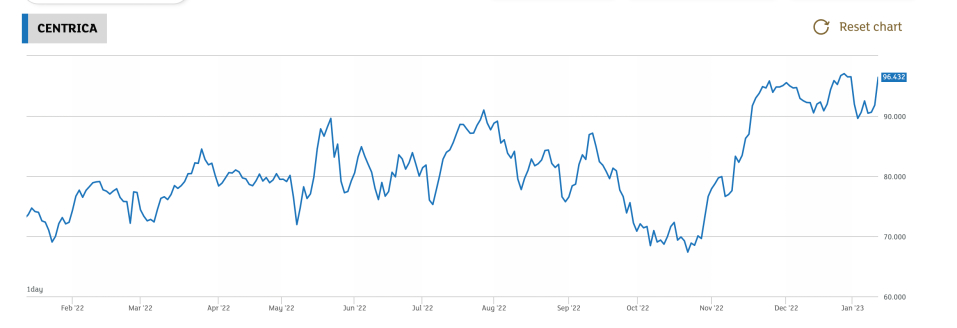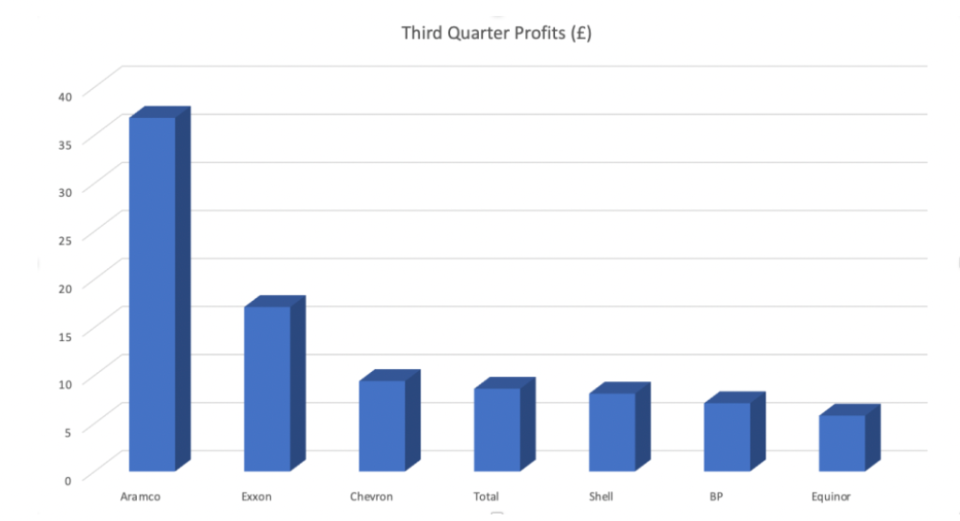Alberta Investment hires ex-Goldman banker David Scudellari as foreign chief
Layan Odeh, Bloomberg News
Jan 9, 2023
Alberta Investment Management Corp. hired David Scudellari as head of international investment and to lead a credit partnership with another large Canadian pension fund.
Scudellari will oversee foreign expansion, credit and private debt, and management of key external relationships, according to a statement Monday. He’ll also act as vice-chair of Aimco’s investment committee.
“We’ve been rebuilding our executive team. David represents kind of the last arrow on our quiver,” Aimco Chief Executive Officer Evan Siddall said in an interview. Scudellari will be based in New York as part of the manager’s plan to gain access to more deals outside of Canada.
Aimco, which invests on behalf of 32 pension, endowment and government funds in the oil-rich Canadian province, named Siddall as its CEO in 2021 after it lost $2.1 billion on a bet against market volatility that blew up when the COVID pandemic hit. Siddall has since overhauled the executive team, hiring a new chief risk officer, a technology officer and recently tapping Marlene Puffer as chief investment officer.
CREDIT PACT
Aimco is also forming a partnership with Canada’s Public Sector Pension Investment Board to invest in loan transactions sourced by PSP, allowing both pension funds to grow their credit portfolios, according to a joint statement.
Scudellari — who spent 23 years at Goldman Sachs, according to his LinkedIn profile — had worked at PSP since 2015, most recently as global head of credit and private equity, before accepting the Alberta job.
Aimco will be able to take advantage of PSP’s team as “we continue to build our own capabilities and our scale will help them continue to source the deals,” Siddall said. “David knows those people, he knows their processes, he knows how to diligence things.”
The Alberta fund has $6.1 billion in private credit assets; PSP has nearly $22 billion.
Private credit has grown rapidly into a US$1.4 trillion asset class, becoming a magnet for investors searching for higher yields and for companies and buyout firms that need to borrow and are unable to tap banks.
“This partnership with Aimco puts together two like-minded, long-term principal investors that can address this exciting market opportunity,” Deborah Orida, PSP’s new CEO, said by phone. The Montreal-based fund could do more with Aimco or other pension plans in the future, she added.
NEW APPOINTMENTS
PSP elevated two senior executives to lead credit and private equity investments following Scudellari’s departure.
Oliver Duff will take on the role of global head of credit investments, while Simon Marc will lead private equity and strategic partnerships, according to statement.
PSP manages pension money for Canadian federal civil servants, the military and police force and had C$230.5 billion of net assets under management as of March 31.







